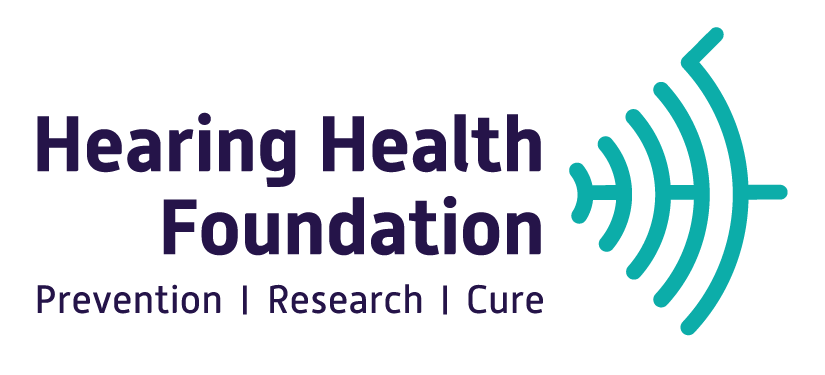Richard A. Felix II, Ph.D.
Meet the Researcher
Felix received his Ph.D. in neuroscience from West Virginia University working on temporal aspects of auditory processing with Albert Berrebi, Ph.D.
He completed a postdoctoral fellowship at Karolinska Institutet in Stockholm with Anna Magnusson, Ph.D., examining brain circuits suited for encoding natural sounds. His is currently at Washington State University Vancouver with the lab of Christine Portfors, Ph.D.
The Research
Washington State University Vancouver
Neural mechanisms underlying deficits encoding temporal sound features associated with central auditory processing disorder
A critical function of the auditory system is to extract meaning from complex sounds. When this basic function is impaired, quality of life can be greatly affected. This is particularly true for speech processing, where degrading temporal information significantly alters the ability to listen. Difficulty encoding temporal cues is a hallmark central auditory processing disorder (CAPD), which is also marked by problems understanding complex sounds despite normal function of the peripheral auditory system. The origin of deficits associated with CAPD has been localized to the brain, but the neural mechanisms underlying the encoding of temporal sound cues remain poorly understood.
The goal of this research is to examine the contributions of inhibitory connections to the midbrain, the first known site in the auditory pathway that exhibits abnormal function in those with CAPD. These midbrain inputs signal temporal sound features important in the emergence of CAP and might therefore play an important role in the generation of listening problems. The results of this project will be a key step in advancing our understanding of how the processing of temporal information at the level of brain circuits relate to deficits associated with CAPD.
Long-term goal: To gain a thorough understanding of the neural mechanisms that govern the temporal processing of speech. This work has the potential to impact those with hearing loss by providing vital information needed for treatments designed to ameliorate listening problems associated with CAPD.


